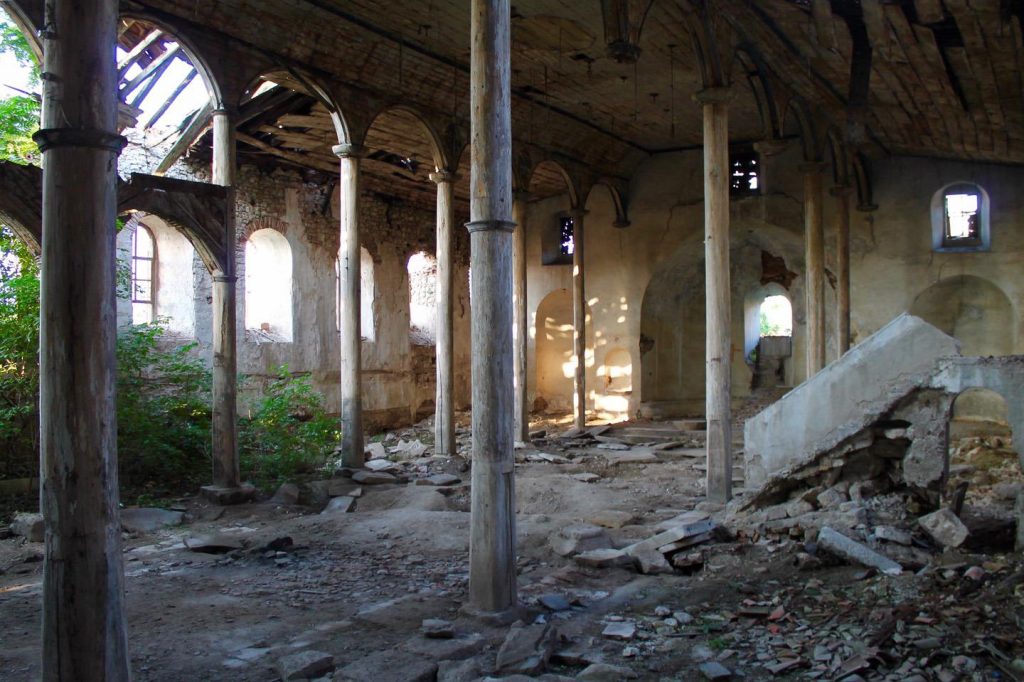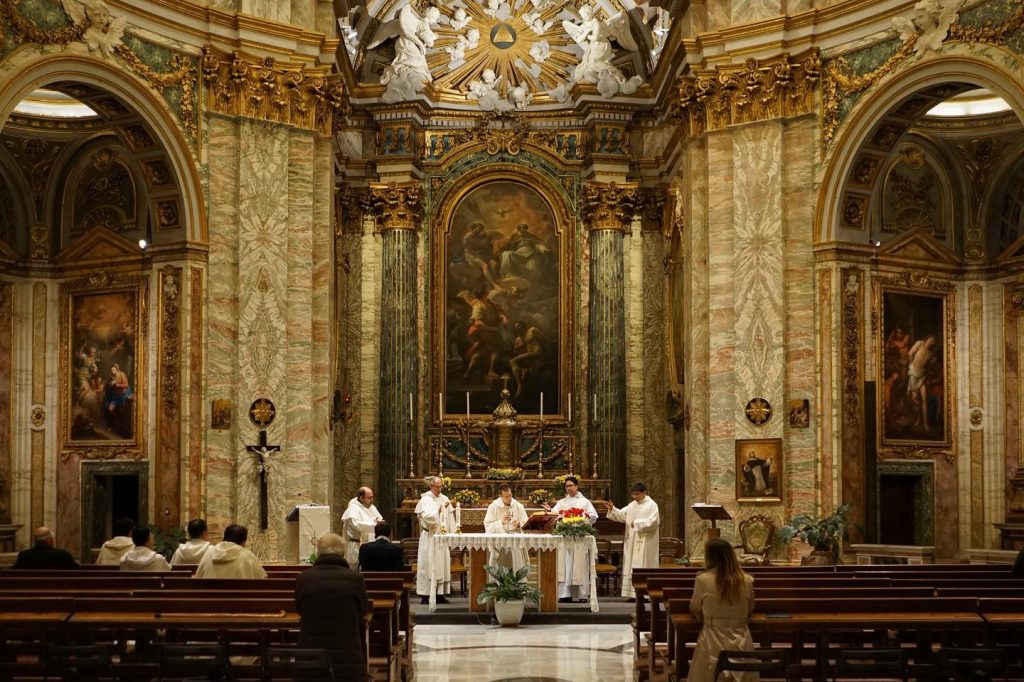
The Jewish temple in Jesus’ day was a truly impressive building. There were other impressive temples, such as the temple of Zeus in Lystra, and the temple of Artemis in Ephesus. All of those were impressive structures. But the temple in Jerusalem was not only impressive from an architectural viewpoint. It was truly glorious on account of God Most High, who was worshipped there. Consequently, Jewish appreciation for the temple was much higher than modern sensibilities typically allow for great city buildings in our day. We might like and value our stadiums, museums and city halls, and we do worship God in our churches (old and new). But while such buildings are highly significant to us, they do not embody our cultural identity like the Jewish temple did for Israel. For us, there is another church to go to, another building to be raised up that might be nicer than the last. For the Jews, there was no other temple.
This in mind, Jesus’ statement to the Pharisees during His argument with them about proper behavior on the Sabbath is all the more striking. He said, “I tell you that one greater than the temple is here.”
Jesus had just made two statements about people’s behavior in and around the temple on the Sabbath. He noted that King David had, “…entered the house of God, and he and his companions ate the consecrated bread…”, and that, “the priests in the temple desecrate the day and yet are innocent.” Let’s not miss what He was saying – His point was that the priorities of God place the immediate need of man and the honor of God higher than the ritualistic observance of ceremonial law.
But if that is so, how much more should we place the wisdom of God above our immature application of His Word? To this point Jesus says, “If you had known what these words mean, ‘I desire mercy, not sacrifice,’ you would not have condemned the innocent.” And if we did understand His Word rightly – as God having instituted the Sabbath for mankind on account of His own action of resting on the 7th day – then how much higher a priority should His very presence be above even our observance of Sabbath? To that point Jesus adds, “For the Son of Man is Lord of the Sabbath.”
In the very presence of the Lord of the Sabbath, the Pharisees are insisting on the priority of their own faulty worldview. They have never even considered that perhaps they didn’t have a lock on God’s thinking. They see with their worldly eyes and immediately judge with their crooked hearts instead of using their heads. Modern missiologists call this error, “ethnocentrism”, the idea that we know best, and therefore we are fit to judge everyone else according to our worldview.
When they did that, the Pharisees missed an opportunity to directly learn from God and what He was doing right in front of them.
What are we missing when we do likewise?
Anybody can observe the Sabbath, but making it holy surely takes the rest of the week.
Alice Walker
APPLICATION: Worship
Is God not with you right now? What is your response to Him?










